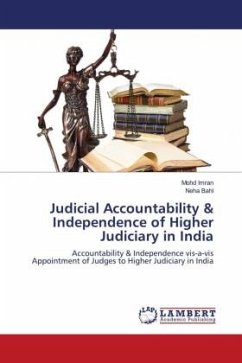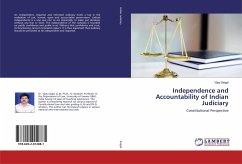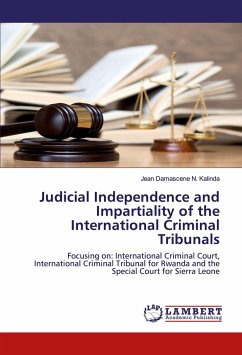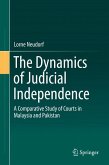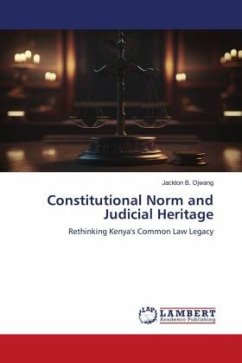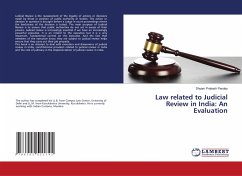The Judicial system is an important organ of any State, commands considerable respect from its citizens in order to dispense justice impartially. The independence and integrity of this organ has always been crucial in a democratic set up, where it plays significant role of an impartial umpire to resolve disputes within its boundaries as laid down by the Constitution. Every citizen of India expects judiciary to be independent and impartial, as also is a fundamental right as well as a part of the basic structure of the Constitution of India. Rule of law and unbiased judiciary move hand in hand. One cannot exist without the other. No rule of law can ever exist without an independent and accountable system of dispute solving mechanism. The complete device of governance is based on the principle of "Separation of Powers" and the judicial organ of the government performs a major function in preserving the constitutional balance on the workings of the authorities. The judiciary continues a check on the functioning of the legislature, executive and ensures that they work well within the four corners of the Constitution.

